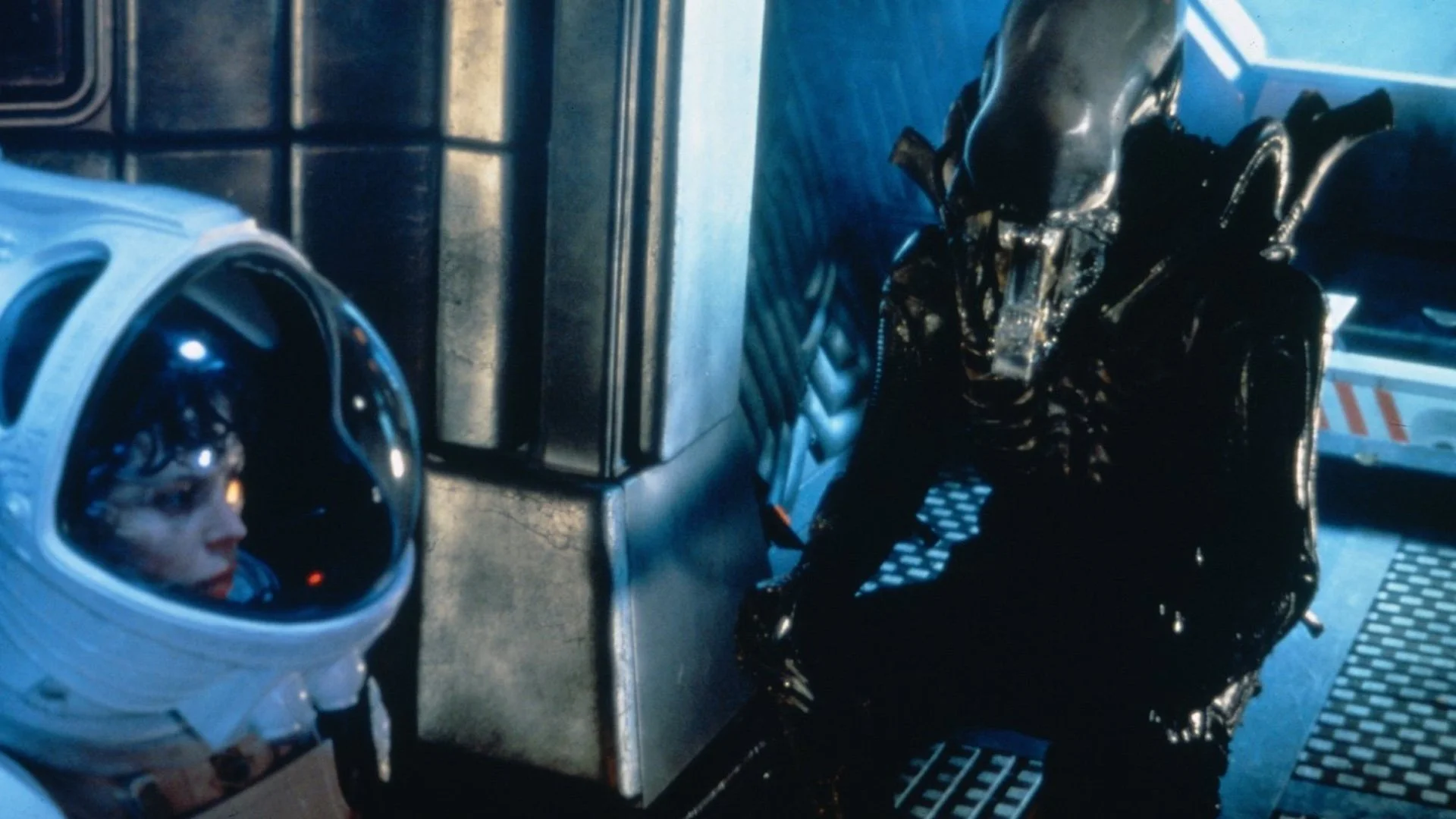Ridley Scott Opens Up About His Biggest Fear While Making ALIEN and How 2001: A SPACE ODESSY Inspired It
Ridley Scott’s Alien is an awesome sci-fi horror movie that has been entertaining audiences since 1979 and it delivers some great terrifying thrills. But, Scott didn’t think there would be enough of that.
In a recent interview with GQ, Scott reflected on the challenges he faced making the iconic sci-fi horror film and the creative risks he took to ensure it would terrify audiences.
His biggest fear was that the movie wouldn’t have enough scares to keep viewers on edge. Scott Admitted: “I was worried that we might run out of scares and creepy things in the corridor.”
The Xenomorph, while horrifying, rarely appeared fully on screen due to the limitations of practical effects at the time.
Scott explained: “Don’t forget, we had no digital effects in those days. Nothing. So backdrops have to be painted, and I have to find a very tall, thin man to squeeze into a rubber suit. By being subliminal and minimal, it works very well. But without that beast, it wouldn’t have been the same.”
While the Xenomorph’s sporadic appearances were deliberate and effective, Scott feared the repetitive threat might lose its edge.
So, he come up with a solution to layer the story with a different kind of horror such as betrayal. This is where the character Ash, the android science officer played by Ian Holm, comes into play. His cold allegiance to corporate interests over the crew’s safety added a thrilling twist to the story.
Scott said: “The new thing would suddenly come in. Ash would object to something, and then would actually have a bad turn as an AI.
“And Yaphet Kotto had to take the fire extinguisher and knock him around the head, probably knocked his head off, so now we see wires and metal and organic… He is an AI.”
According to Scott, this theme of corporate greed manifested through Ash owed much to the legacy of Stanley Kubrick’s 2001: A Space Odyssey.
He said: “The first time was Stanley Kubrick when he invented HAL. The computer knows from the corporation that the journey’s success is more important than the crew.
“So we borrowed that and made that into Ash, where he was the ‘company man.’ Of course, if you’re going to make a company man, you don’t want a black box.
“You want somebody who’s going to consort, meet, chat, drink coffee, and be with people. They will not know he’s a company man because he’s kind of more human than human.”
In the end, after innovating under pressure and working around the limitations at that time Scott made a sci-f horror movie masterpiece.
